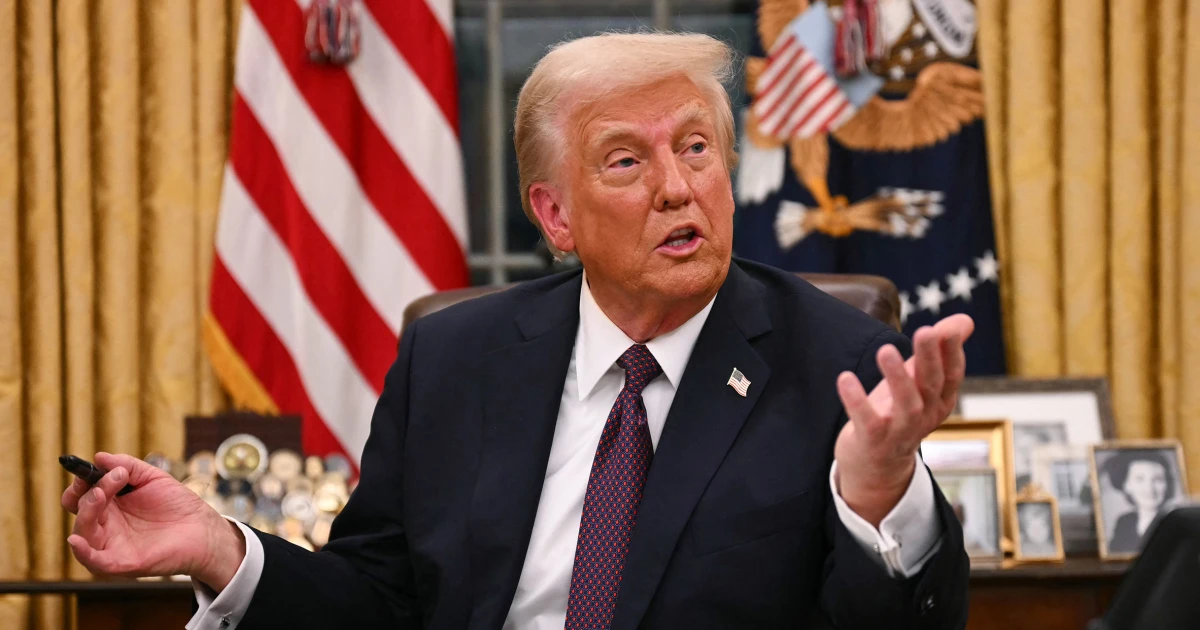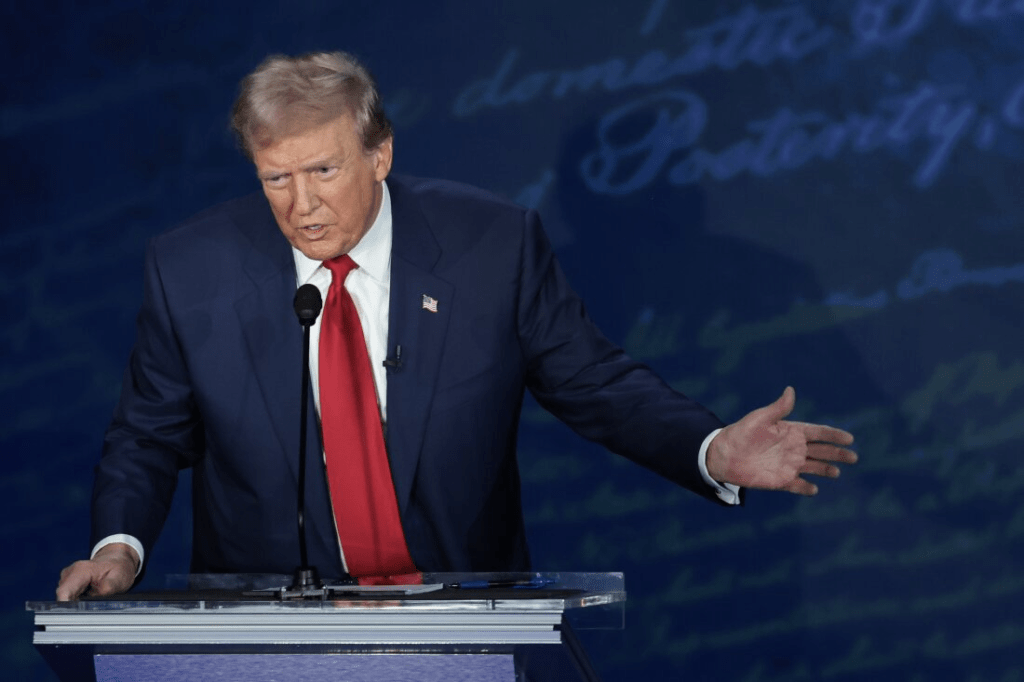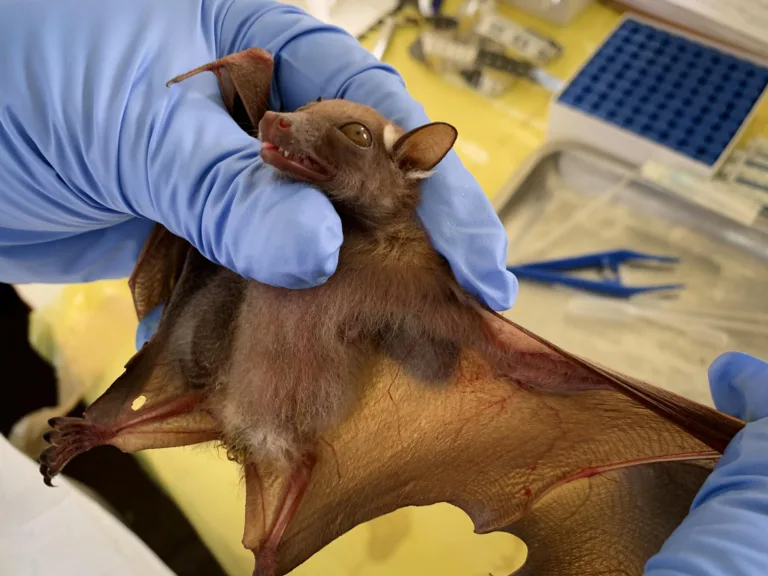What Happens When Trump Pauses Funding for the Anti-HIV Program That Saved 26 Million Lives?

In a shocking move, the Trump administration has halted nearly all U.S. global health funding, including the highly regarded President’s Emergency Plan for AIDS Relief (PEPFAR), which was created by President George W. Bush in 2003. With its $6.5 billion annual budget, PEPFAR provides essential HIV/AIDS medications and education for millions around the world. The freeze has raised alarms across the global health community, with experts warning that it could jeopardize the lives of millions of people currently relying on U.S. aid.
What is PEPFAR and Why Is It So Important?
PEPFAR has been a lifeline for over 20.6 million people, offering critical HIV/AIDS medications, testing, and education. Since its inception, the program has saved an estimated 26 million lives, making it one of the most successful foreign aid initiatives in history. PEPFAR’s bipartisan support in Congress has helped ensure its continued funding, and it has earned widespread praise for its impact on global public health.
The program’s success lies in its comprehensive approach to HIV/AIDS prevention and care, keeping patients alive and helping to reduce the transmission of the virus. With PEPFAR’s funding, many individuals in countries with high HIV prevalence can access antiretroviral treatments (ARVs), which are essential for controlling the virus.

The Halt in Funding and Its Far-reaching Consequences
On January 20th, President Trump issued an executive order that halted nearly all U.S. foreign assistance for at least 90 days, pending a review of all programs. The only exceptions are emergency humanitarian assistance and military financing for Israel and Egypt. While PEPFAR was not specifically mentioned in the announcement, sources confirmed that the stop-work order applies to the program as well.
This sudden freeze has sent shockwaves through the global health community. Without PEPFAR funding, millions of people could face a disruption in their HIV/AIDS treatment, putting their health and lives at risk. Jeremy Konyndyk, a former top official with USAID, stated that this could be “catastrophic” for the global AIDS response, especially for those relying on U.S. funded antiretroviral treatments.

The Human Impact: A Potential Crisis
For the 26 million people who have benefited from PEPFAR’s efforts, the pause in funding could result in serious consequences. Treatment could be delayed, and the flow of essential medications could be interrupted. According to experts, this halt may also impact the salaries of hundreds of contractors working at the U.S. Agency for International Development (USAID), leaving many uncertain about their job security.
Asia Russell, the executive director of Health GAP, an HIV access organization, emphasized the cruelty of an immediate funding freeze. “An immediate cessation is catastrophic and much more cruel,” she said. “He is doing irreparable harm to the global AIDS response.” The freeze could not only harm ongoing treatment efforts but also erode the trust and collaboration built between the U.S. and global health partners.

Trump’s decision to pause funding for PEPFAR, the U.S.-backed program that has saved 26 million lives, is causing widespread concern. PEPFAR has been critical in providing life-saving HIV/AIDS medications, testing, and education to millions across the globe. The funding freeze could disrupt ongoing treatment for individuals relying on antiretroviral drugs, jeopardize the health of many, and undermine decades of progress in the fight against HIV/AIDS. This move has drawn sharp criticism from global health experts.
What’s Next for PEPFAR and Global Health?
With the pause potentially lasting three months or longer, the future of PEPFAR hangs in the balance. If the freeze is not lifted, millions of lives could be at risk, and the work that has been done over the past two decades could be undone. Experts and advocates are calling for urgent action to restore funding and ensure that PEPFAR and other critical global health programs can continue their lifesaving work. The stakes have never been higher for global health, and the clock is ticking.






